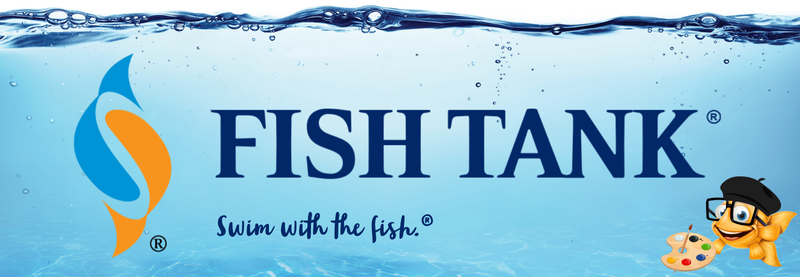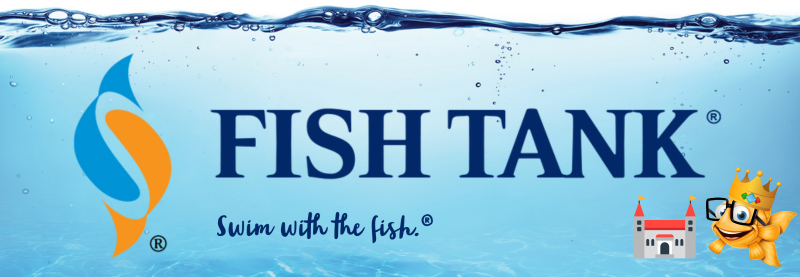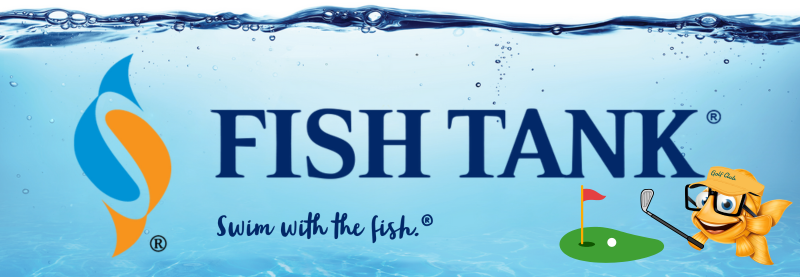Intellectual Property Insights from Fishman Stewart PLLC
Newsletter – Volume 25, Issue 2
Share on Social
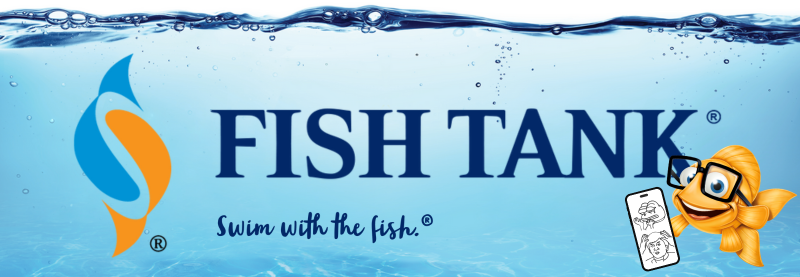
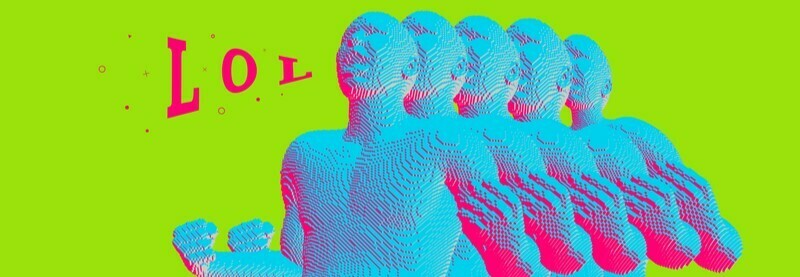
Protecting Memes: Can You Own a Viral Sensation?
In the age of the internet, memes are a universal language. A meme is a piece of content, typically an image, video, text, or a combination of these, that spreads rapidly across the internet, often with humorous, relatable, or satirical undertones. But behind the laughter lies a complex web of intellectual property (IP) questions: can memes be protected? Who owns them? And what happens when a viral sensation becomes big business?
Memes often repurpose existing material, such as movie stills, famous photographs, or viral videos. Some examples include the “Distracted Boyfriend” meme, which uses a stock photo of a man turning to look at another woman, or the “Success Kid” meme, featuring a toddler clenching his fist with a determined expression.
Legally, these original works are protected by copyright. When someone uses copyrighted works to create a meme, they’re walking a fine line between creativity and infringement.
Under the fair use doctrine, the creative material added may not infringe copyright in the work if the material adds new meaning, messages, or value. For example, fair use may apply when someone uses copyrighted works for commentary, criticism, or parody. However, if the meme is used commercially without permission, fair use protection can fade.
When Memes Meet Trademarks
Some memes incorporate logos, slogans, or brand images, raising trademark concerns. For instance, memes parodying famous brands could potentially raise legal concerns, like the dispute between Louis Vuitton and Haute Diggity Dog over parody products, though clear examples involving memes specifically remain scarce. Brand owners often protect their trademarks aggressively against association with inappropriate content. However, parody can sometimes be a defense in these cases.
The Business of Memes
Memes aren’t just for laughs; they’re lucrative. Viral memes like Disaster Girl have been sold as NFTs (non-fungible tokens) fetching tens of thousands of dollars. Meme creators can monetize their work by owning the copyright in both the original images and the material added and licensing them for merchandise or advertising.
Memes and The Right of Publicity
The right of publicity protects an individual’s name, image, or likeness from being used for commercial purposes without consent. This law is often invoked when memes incorporate recognizable faces, voices, or identities, particularly of celebrities or public figures. While many memes fall under free speech or fair use when shared for humor or commentary, legal issues can arise if the meme is used in advertising, branding, or other commercial contexts.
Protecting Your Memes
If you’ve created an original meme, copyright law may safeguard it. Registering the copyright offers stronger protections, especially for commercial use. Trademarks may also apply if the meme becomes associated with a brand or product.
Final Thoughts
Memes are a cornerstone of internet culture, but their legal status remains murky. Meme creators should tread carefully, balancing humor and respect for IP laws. Whether you are a meme maker or a brand jumping on a trend, understanding the rules can ensure that your content spreads joy without landing you in a courtroom.
Kimberly McLean is Of Counsel with Fishman Stewart and has over 20 years of experience in IP law, focusing on patent prosecution and counseling in electrical arts, including software, cloud computing, blockchain, multimedia systems, autonomous vehicles, and artificial intelligence. As a former primary patent examiner at the US Patent and Trademark Office, she leverages her knowledge and experience to achieve successful outcomes for her clients.

Related Content from Fishman Stewart
People have long pondered whether or not the Giza pyramids were indeed solely burial chambers, which was the only known, and archaeologically determined, use—until now.
As the story goes, Klein was so taken with the indescribable blue of the sky over the Mediterranean in Nice, France, that he dedicated his artistic talent developing a blue that would imbue the canvas with this color in its purest form.
Despite her pseudo-legal background in Suits, Meghan has been running into one issue after another in her efforts to register the trademark and logo for her new lifestyle company, for now, called “AS EVER”.
By 1930, efforts began in New York to replace Mother's Day with Parent's Day because men were more than just breadwinners. Those efforts didn't catch on, probably because in that era, women often spent more time in the home.
In February, Nike and Skims announced that they will be working together on a new brand, NikeSkims. The co-brand will create a new line of training apparel, footwear, and accessories specifically designed to meet the unique needs of women athletes.
Generally, federal courts have exclusive jurisdiction over copyright cases, and often, this presents an insurmountable paywall for individual artists and small businesses to vindicate their rights, especially where the value of the individual copyrighted works are relatively low.
Dedicated to raising public awareness about the importance of encouraging innovation and creativity throughout the world, the World Intellectual Property Organization (WIPO) annually observes World Intellectual Property Day on April 26 to showcase the role that patents, trademarks, industrial designs, copyrights and trade secrets play in our everyday lives.
Hold onto your foam fingers, sports fans – college sports just got a whole lot more interesting! The latest updates to Name, Image, and Likeness (NIL) rules are making student-athletes bigger than ever, and it’s not just about the game anymore.
Did a federal court in Louisiana recently decide that US copyrights are global rights? It seems so.
L.A.B. Golf aims to protect its innovations, and therefore its market position, owning three patents for its zero-torque design. The question now is whether L.A.B. Golf can withstand the wave of copycat designs.
IDENTIFYING, SECURING AND ADVANCING CREATIVITY®



